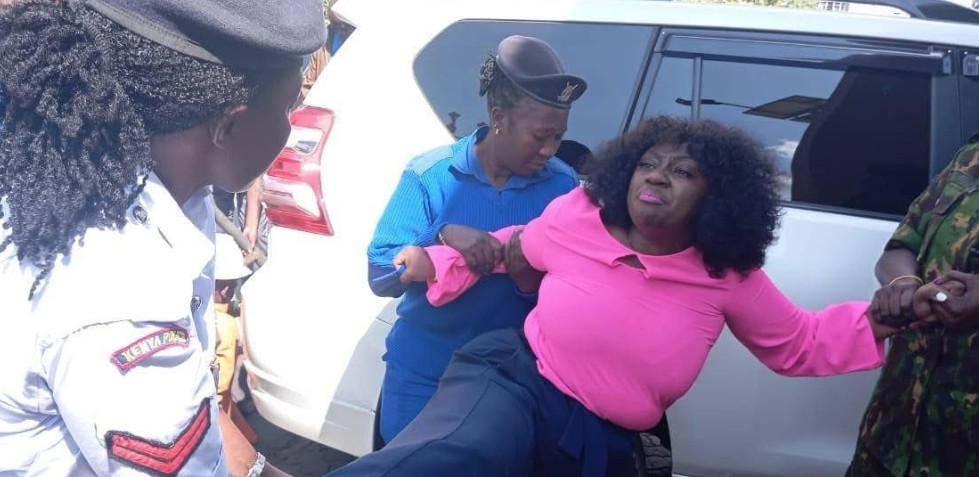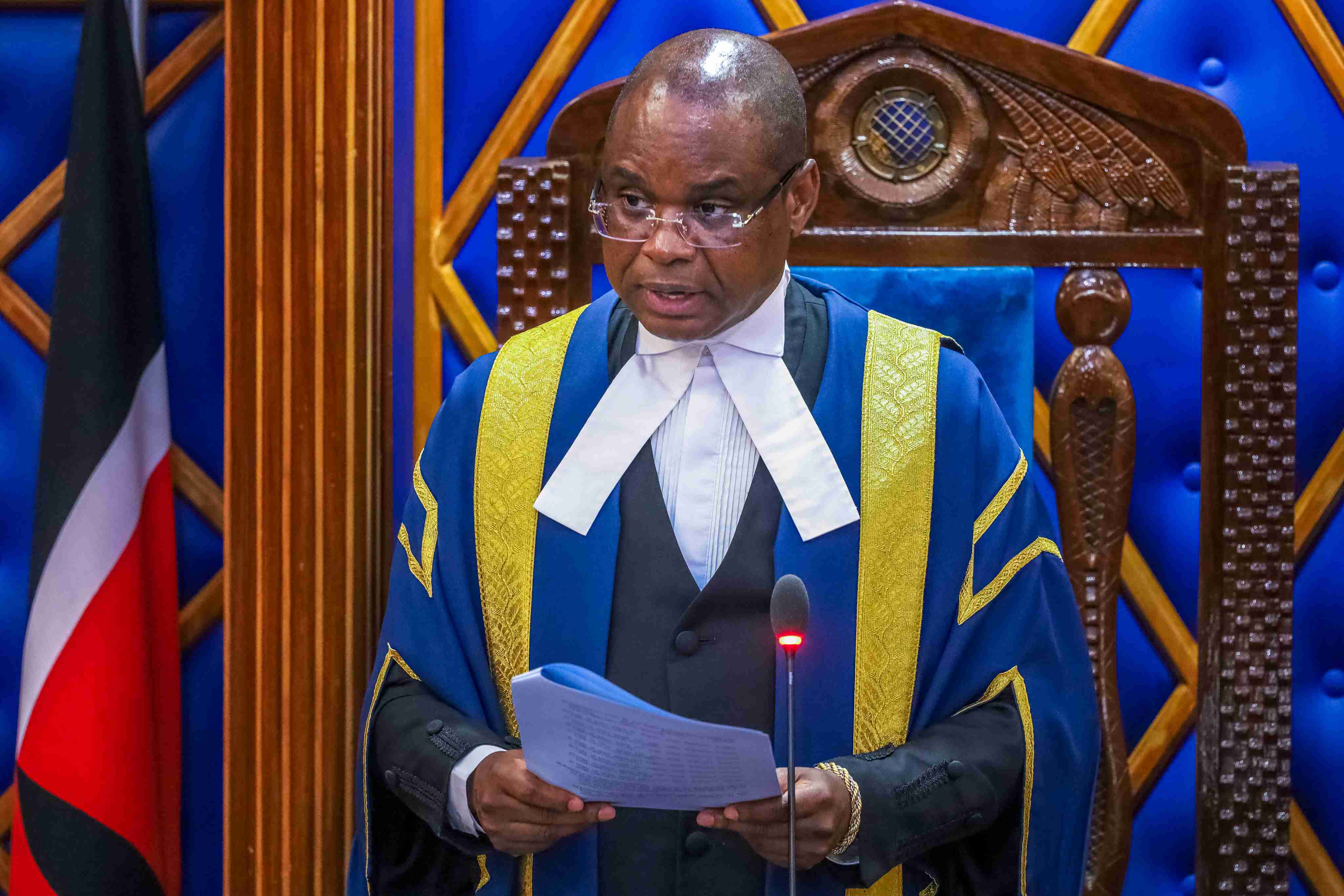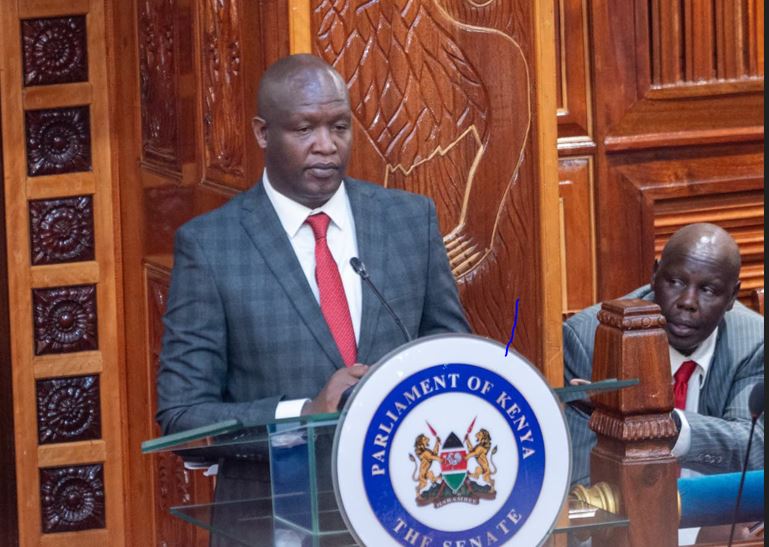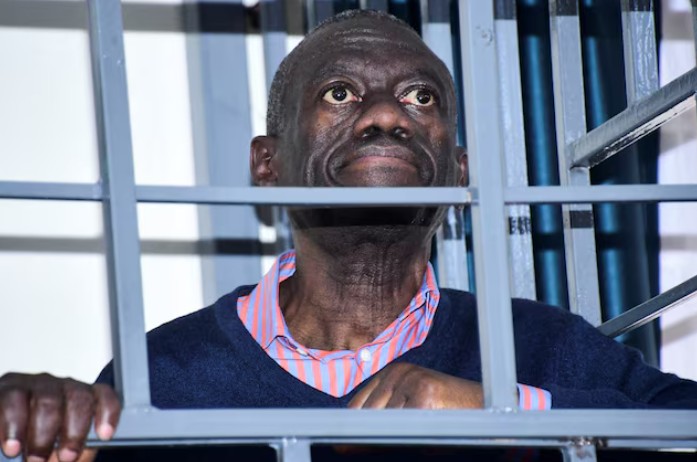IGAD urges vigilance as region hits key counter-terrorism milestones

Mandera County experienced abductions of government officials and IED attacks, while in Lamu County, there were ambushes on security patrols in the Boni forest at the Kenya-Somalia border.
Counter-terrorism operations in Kenya and Somalia dealt major blows to Al-Shabaab, killing hundreds of fighters in the two countries and disrupting the group's activities and capacity between April and June this year.
According to the latest IGAD's analysis of violent extremism in the second quarter alone, about 932 people were killed, 85 per cent of whom were militants, and 412 were injured, most of whom were also militants.
Civilian and security forces deaths comprised 15 per cent of the tally during the quarter that was marked by intense fighting in Somalia and targeted cross-border ambushes in Kenya.
More To Read
- What should Trump’s policy towards Somalia be?
- UN calls for unity, support on day of remembrance for terrorism victims
- Nairobi hosts regional security talks as leaders push to seal porous borders against terrorism
- Why Kenya is seeking external support for counter-terrorism operations in Somalia
- Woman killed, daughter injured in Mandera explosion near Kenya-Somali border
- IGAD urges youth to take lead in regional peace
Armed assaults using small arms and light weapons dominated the tactics, while suicide bombings and mortar attacks maintained pressure in the urban centres.
"From the analysis of the violent extremism threat in the second quarter of 2025, the al-Shabaab remains the dominant violent extremist actor in Somalia, with persistent cross-border activity into Kenya; security forces' efforts in Puntland successfully weakened ISIS-Somalia yet they are still capable of targeted attacks- continued monitoring needs to continue in earnest," the report released by the IGAD Centre Of Excellence for Preventing and Countering Violent Extremism (ICEPCVE) showed.
In the previous quarter, the Centre had recorded a five per cent rise in attacks between January and March this year, compared to the last quarter of 2023.
The analysis indicated that about 708 fatalities and 197 injuries were recorded in the quarter, respectively, with March recording the highest number of fatalities and injuries, a majority of whom were security personnel at 62 per cent, the civilians at 37 per cent, and aid workers at one per cent.
Despite the significant successes, the centre urged continued vigilance in Somalia, where in the quarter under review, the Somali forces, in collaboration with the militias (Ma'awisley), launched intensified offensives, inflicting heavy militant casualties.
"They need to remain vigilant as the risk of retaliatory attacks remains quite high," the report says.
It also calls on IGAD Member States to augment inter-agency and regional coordination in their security efforts to enhance early warning, as porous borders remain a major structural challenge that enables easy movement by the violent extremist groups.
"Additionally, cross-border radicalisation coupled with high youth unemployment heightens recruitment risks, buttresses the need to continue with community-led cross-border deradicalisation and counter-narrative programs,"
In the quarter under review, Hiiraan and Middle Shabelle were the epicentre of clashes, Mogadishu was characterised by suicide bombings and mortar attacks, while Mudug, Jubbaland, and Puntland had raids and targeted killings.
In Kenya, Mandera County experienced abductions of government officials and IED attacks, while in Lamu County, there were ambushes on security patrols in the Boni forest at the Kenya-Somalia border.
The militia maintained their reliance on small arms and light weapons to carry out attacks (65 per cent), followed by explosives and bombs at 30 per cent and other tactics, including assassinations and infrastructural damage, at 5 per cent.
In efforts to curb violent extremism, the centre remained focused on reviewing its strategic documents to ensure alignment with emerging issues in efforts to prevent and counter violent extremism."
We are optimistic that this process will be completed within the year and shared with our esteemed stakeholders," ICEPCVE Director Dr Simon Nyambura says.
The Centre has also spearheaded dialogue among different faiths and cultures, creating safe spaces where communities understand each other's perspectives, reduce prejudice, and foster mutual trust, which weakens the social ground on which violent extremists' ideologies grow.
Top Stories Today









































